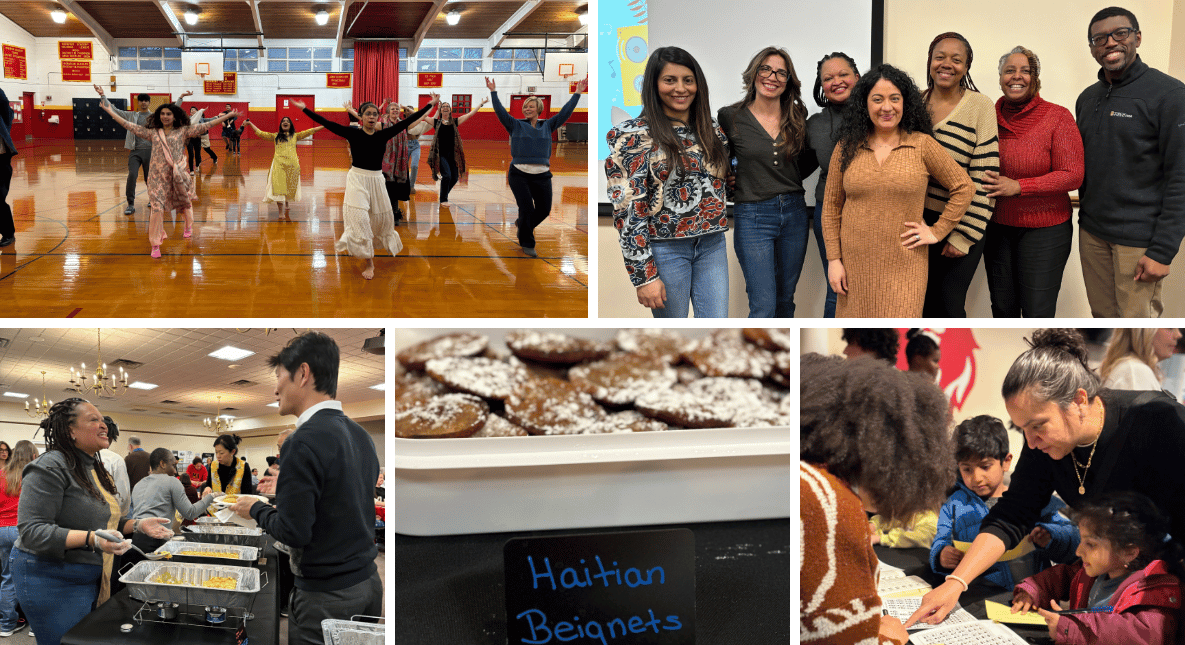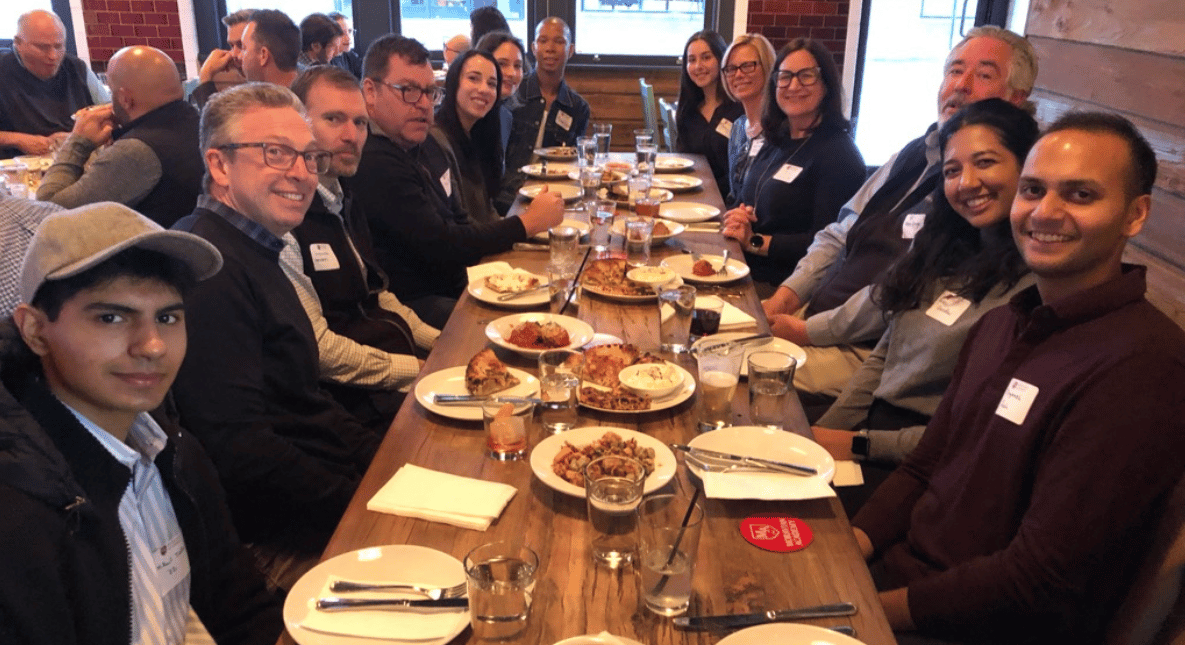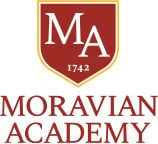MA Community Education Series: K-12 to College to Career
Consider the Class of 2036, today's Moravian Academy kindergarteners. When, twelve years from now, they walk across the stage for Commencement, they will graduate into a world with the potential to be vastly different from the one we are now experiencing. What skills will our young people need to thrive in this world?
This is the question I posed to five extraordinarily accomplished individuals including a college president, two college provosts, and two CEOs, and to an audience of MA community members during the latest webinar in the Moravian Academy Community Education Series (MACES) titled "K-12 to College to Career: What Skills do Our Students Need to Thrive in a Rapidly Changing World?"
Panelists
- Nacho Abia P'27, '31, Chief Executive Officer (CEO) of Olympus Corporation
- Marie Ffolkes-Gierszewski P'31, founder and Chief Executive Officer of Axxelist LLC
- Dr. Laura Lowe Furge, Provost, Muhlenberg College
- Dr. Bryon Grigsby, President of Moravian University
- Dr. Nathan Urban P'22, Provost, Lehigh University
Read each panelist's biography here.
Their answers were wide-ranging and backed by decades of experience leading corporations and institutions of higher education, and while they come from different professional backgrounds, a few themes emerged as being especially important when equipping students with the tools to succeed in a complex, increasingly global world.
Much of the conversation touched upon what Dr. Nathan Urban, chief academic officer of Lehigh University, would describe as timely skills vs. timeless skills. "Timely skills are things that they need to be successful in their first job, and timeless skills are the things that they're going to need in 20 or 30 years for the jobs that don't exist today," he said.
Students should be able to:
-
Develop and articulate a clear purpose by understanding what motivates them and how they can relate that purpose to a company's mission to find meaning in their work.
-
Solve complex problems together. The ability to collaborate with and lead diverse groups of people is important for so many reasons. Working as a team is an employable skill necessary for innovation and collaboration as well as forging connections.
-
Be adept at using technology, not just as savvy consumers but as critical thinkers.
AI might be a co-pilot, but humans will fly the plane. Artificial intelligence is here to stay and its capabilities seem to grow by the minute. However, our experts agree: There really is no substitute for the "power of human beings and human interactions," as Olympus Corporation CEO Nacho Abia told our community.
As Dr. Laura Furge, the provost of Muhlenberg College, explained:
We really want to be training future physicians who understand the diversity of the human experience. We want to be training artists that are thinking artists, not just executing a performance. And we want to be training people in the business field that think about the ethics and the social responsibilities of the work that they're doing.
How do we accomplish this? Dr. Bryon Grigsby, president of Moravian University, offered this insight:
I think what we get wrong here is that it's not about the content in the classroom, but the experience that happens over time. What we miss is that there are so many hours students spend with each other, problem solving, team building, experiencing what its like to be an adult, to move into leadership, to do those internships, to study abroad, to work on a club, to be a leader on a varsity sport—all those things are education and the online environment doesn't replace it.
I am truly grateful to our guests for their generosity in sharing their expertise with Moravian Academy families. Much of their insight resonated with me because it aligns with what I already see happening on our campuses every day. Our mission asks students to answer the question: Who am I and who can I become? Our young people look inward to discover their purpose. With the guidance of faculty, they find meaning in the knowledge they're learning. And, of course, they collaborate in science labs, work together to overcome challenges on athletic teams, and seek to innovate in order to solve problems they're passionate about.
Thinking back to our kindergarten class and the challenges (and opportunities!) that they will face in a world changing faster than most of us can truly comprehend, the advice for students of Marie Ffolkes-Gierszewski, founder and Chief Executive Officer of Axxelist LLC, rings true. She says, "No one can predict the future, and we're really within a global world. But I'd also say to them that along with the courage, with the adaptability, with the ability to pivot, is the importance of being kind, because you never know who your network will be."
Join us for the next MACES event on Wednesday, November 15, at 7:00 PM via Zoom.
Moravian Academy's Commitment to Inclusivity and Belonging--Past, Present, and Future: A Conversation with Cristina Usino and National Expert, Nishant Mehta


 myMA
myMA

%20(2).png)




.png)





